How to Choose the Best Tarp?
Tarpaulin is probably the best thing since sliced bread. We use it for a variety of purposes, from covering wooden piles, outdoor furniture, grills, and more, to protecting vehicles such as cars, trucks, and boats. Covering driveways, floors, and truck compartments, hauling construction mud and debris, and much more.
We use it as camping equipment, whether as a tent or bed, caravan cover, or temporary shelter, especially when it's raining or snowing. Because it is so versatile, a tarp is one of the items you should have at home or in your car. You never know when you'll need a good-quality tarp.
But how do you choose the best tarp for your money? Before you buy, you need to consider quality, tarp type, size, ease of use, and color.
1. Types of tarpaulins
Like most things on the market, tarpaulins come in different types. Choosing the right type of tarp for your needs is crucial if you want to make the most of the product.
PVC tarpaulins - These tarpaulins are very durable and flexible and are ideal for industrial uses such as welding curtains and floor coverings.
Polyethylene tarpaulin - This is probably the most commonly purchased type of tarp. Made from heavy-duty plastic, polyethylene (poly) tarpaulin is versatile. It is ideal for camping, home building and alterations (such as temporary roof covers), or as a temporary shelter or cover. Its best feature is its lightweight and near 0% water absorption, making it ideal for many outdoor applications.
Canvas tarpaulins - Made from a highly durable plain fabric (cotton or linen), canvas tarpaulins tend to be more expensive than polyester tarpaulins, but last longer, withstand more wear and tear, and are ideal for more demanding applications such as long-term use for construction or painting projects, and roofing or barn covers. Canvas is also flame retardant.
Vinyl tarpaulins - Made from vinyl molecules, vinyl tarpaulins are stronger than polyethylene tarpaulins but more expensive. They are commonly used to cover trucks, RVs and trailers, equipment, furniture, etc. Vinyl tarpaulins are also a good long-term roof covering.
2. Size
When it comes to tarpaulins, size really does matter. Generally speaking, whether you're using it to set up a tent or to cover a vehicle, you'll need a large tarp that will provide you with adequate coverage.
Thankfully, tarpaulins come in all sizes. Some tarp manufacturers even customize sizes to suit their customers' needs.
Our UN tarps meet all the requirements of the United Nations for orders, Stand up to all kinds of tests. it has a very excellent waterproof feature, UV treatment feature, and FR treatment feature. In all kinds of disasters like hurricanes, typhoons, and earthquakes, will need a variety of tarpaulins.
Featured content:
Ultimate Guide to Hydraulic Shields: Benefits, Installation & Maintenance
Revolutionizing marine construction with innovative dredge hoses?
The Efficiency and Environmental Benefits of Plastic Crusher Machines
Polypropylene Sheet: A Versatile and Sustainable Solution for Diverse Applications
How to use PE protective film effectively?
Advantages of Polyurethane Dewatering Screen Panels
What industries utilize custom seal and rubber products?
3. Quality
At the top of the list is of course quality. Tarpaulins are often used outdoors, mainly as a protection tool for a variety of objects, from vehicles to merchandise, construction materials, machinery and equipment and more.
Therefore, you really need to pay attention to the quality of the tarpaulin you buy.
You want something that is lightweight and easy to handle but durable enough to withstand ever-changing weather conditions. When it comes to durability, a good way to find the best tarpaulin is to check its thickness and the type of material used in its manufacture.
PE Tarpaulin
The actual thickness of a tarp is measured in mils (1/1000th of an inch). For general use, such as covering items, look for a lightweight blue tarp that is at least 5 mils thick. If you are using a tarp to transport goods or to cover machinery and equipment, you should look for a heavy-duty tarp that is at least 23 mils thick.
4. Colours
When it comes to tarpaulins, color is not only about the look and design of the product. It also talks about the quality, type, and strength of the tarp. Tarpaulins come in a variety of colors.
The most common are silver heavy-duty tarpaulins, which block out the sun really effectively, and white tarpaulins, which provide some shade but allow natural light to pass through at the same time.
Blue, green and brown tarpaulins are often used for general construction or landscape maintenance, while red, yellow, and orange tarpaulins are used for applications where high visibility is required.
Whether you are a homeowner, a frequent traveller, a camper, or an entrepreneur, you are likely to need a quality tarp. Therefore, choosing the best tarp for your project is important to ensure maximum output. Determining the required application, size and specific features is key to purchasing the best tarpaulin on the market.
UHMWPE Sheet: The Ultimate Solution for High-Performance Applications
Different Styles and Designs of Euro Head Caps
How Do I Choose The Proper Plastic Materials?
HDPE Sheets: A Comprehensive Guide to Applications, Benefits, and FAQs
Choosing the Right Drainage Pipe: Factors to Consider
What is dredge pipe used for?
How can I ensure the recycled PET flakes I purchase meet industry standards and regulations?
1295
0
0
Related Articles
-
423
0
0
-
408
0
0
-
445
0
0
-
482
0
0
-
453
0
0
-
466
0
0
-
491
0
0
-
499
0
0





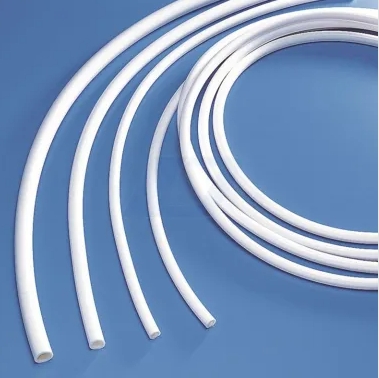
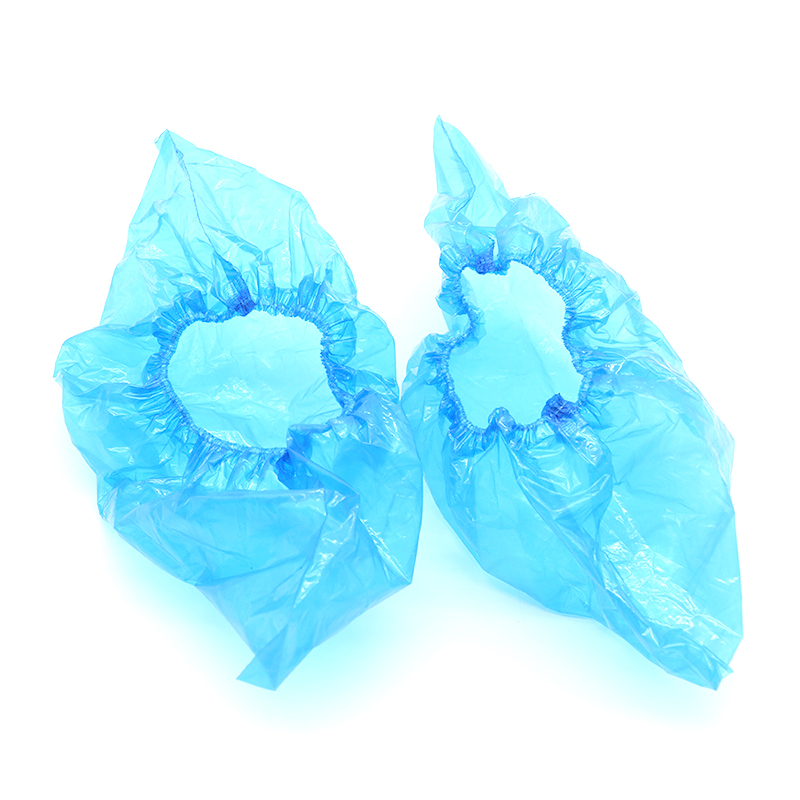
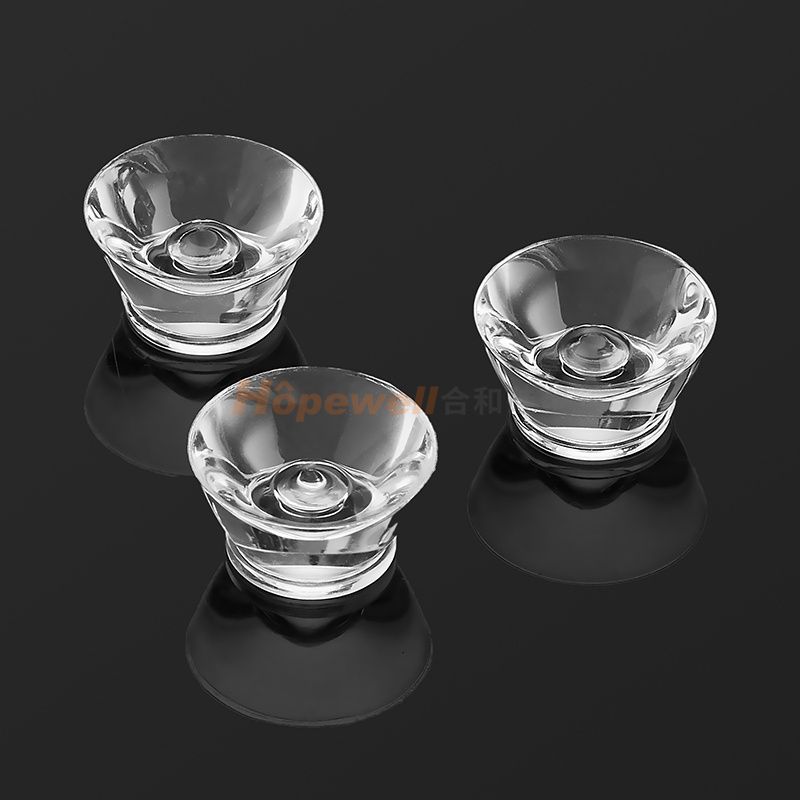
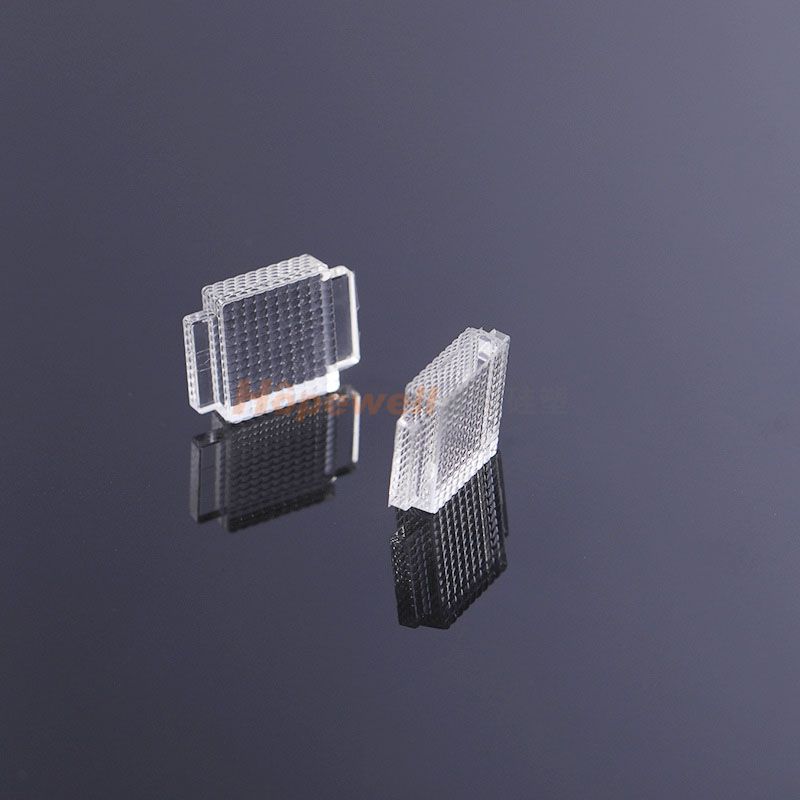
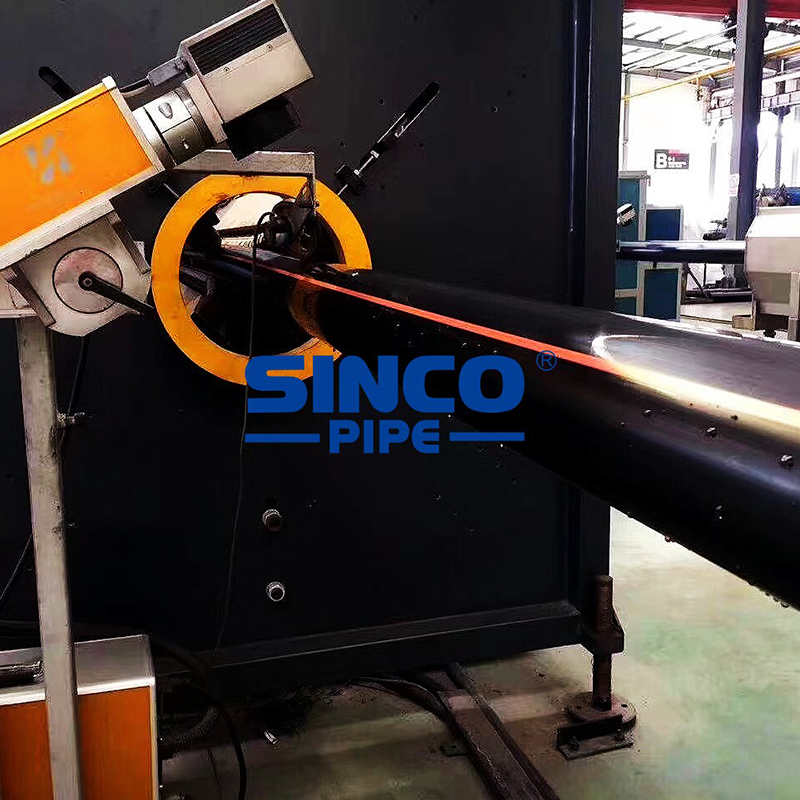
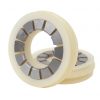
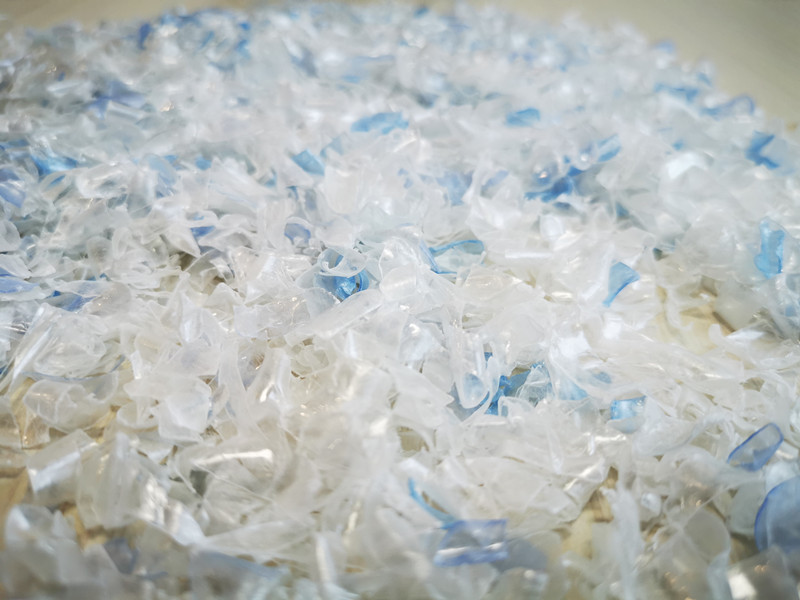
Comments
All Comments (0)